Home>diy>Building & Construction>When Is The Appraisal Done On A New Construction Home
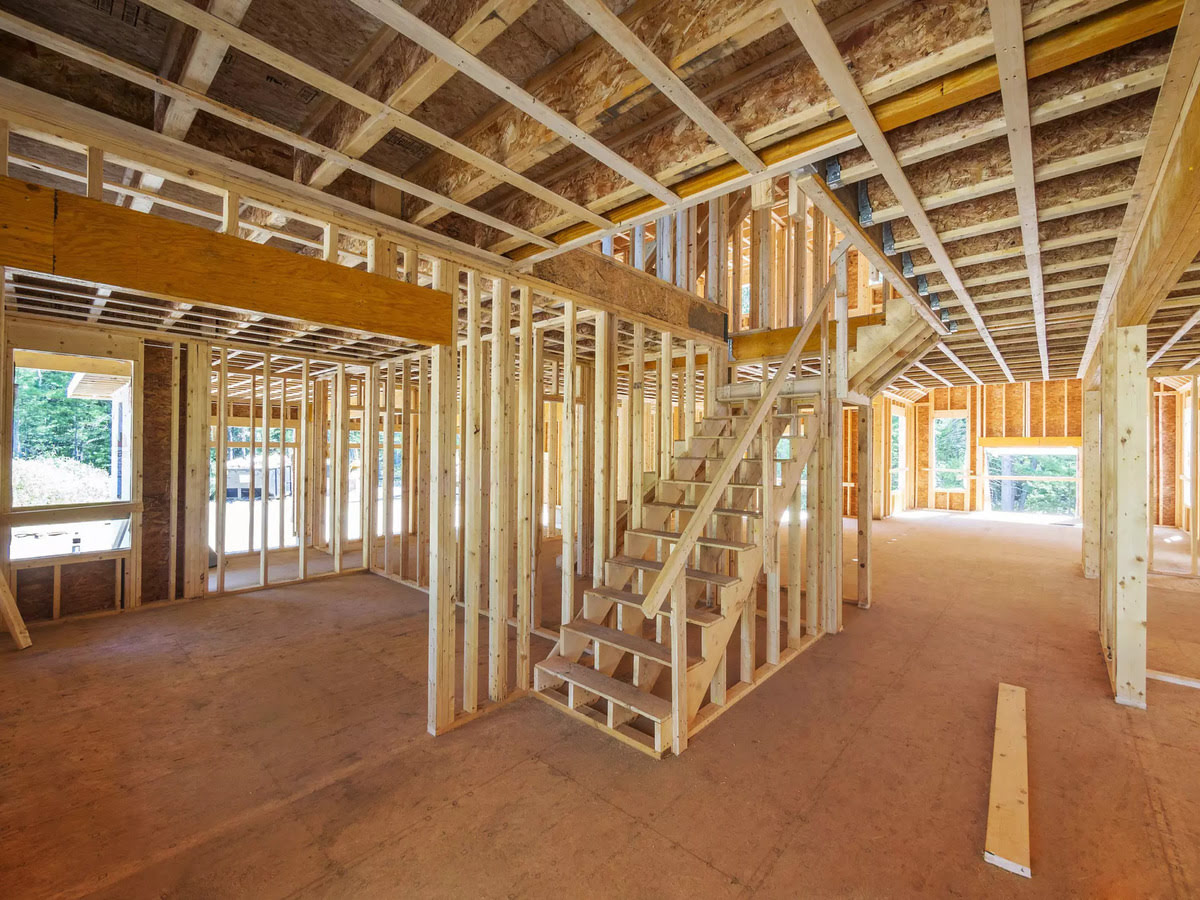

Building & Construction
When Is The Appraisal Done On A New Construction Home
Modified: January 9, 2024
Find out when the appraisal is completed for a newly constructed home. Discover the timeline for evaluating the value of a building-construction property.
(Many of the links in this article redirect to a specific reviewed product. Your purchase of these products through affiliate links helps to generate commission for Storables.com, at no extra cost. Learn more)
Introduction
When it comes to purchasing a new construction home, there are many important factors to consider. One crucial step in the process is the appraisal, which determines the value of the property. Appraisals play a vital role in securing financing and ensuring a fair transaction for both the buyer and the seller.
In this article, we will explore the appraisal process for new construction homes and discuss the factors that can affect the timing of the appraisal. By understanding this process, you will be better equipped to navigate the home buying journey and make informed decisions.
Let’s dive into the details and uncover the ins and outs of when the appraisal is done on a new construction home.
Key Takeaways:
- The appraisal for a new construction home is typically done after the completion of construction and obtaining a Certificate of Occupancy, ensuring the property’s readiness and compliance with building codes.
- Scheduling the appraisal promptly, preparing the property for the appraiser’s visit, and understanding the appraisal report are crucial for a smooth and transparent home buying process.
Read more: How Do Appraisals Work For New Construction
Understanding the Appraisal Process for New Construction Homes
Appraisals serve as an objective assessment of the value of a property. In the case of new construction homes, the appraisal is typically conducted once the construction is complete and the property is ready for occupancy. The appraisal helps determine the fair market value of the home, which is important for both the buyer and the lender.
During the appraisal process, a licensed appraiser evaluates various factors, such as the property’s location, size, condition, and comparable sales in the area. They assess both the interior and exterior of the home to have a comprehensive understanding of its value.
The appraiser considers the quality of construction, the materials used, and any unique features that contribute to the overall value of the property. They also take into account the local real estate market conditions and trends to arrive at an accurate valuation.
It’s important to note that the appraiser is an independent third party who has no vested interest in the transaction. Their goal is to provide an unbiased and objective valuation of the property.
Once the appraisal is complete, the appraiser prepares a detailed report outlining their findings and providing an estimated value for the property. This report is then used by the buyer’s lender to determine the loan amount they are willing to approve.
Now that we have a general understanding of the appraisal process, let’s explore the factors that can affect the timing of the appraisal for a new construction home.
Factors Affecting the Timing of the Appraisal
Several factors come into play when determining the timing of the appraisal for a new construction home. Let’s take a closer look at some of these key factors:
- Completion of Construction: The appraisal cannot take place until the construction of the home is finished. This includes all the major components of the property, such as the foundation, walls, roof, electrical and plumbing systems, and finishing touches like flooring and fixtures. Once the construction is complete, the home is considered ready for appraisal.
- Obtaining a Certificate of Occupancy: Before an appraisal can be conducted, the builder must obtain a certificate of occupancy (CO). This certificate ensures that the home complies with all local building codes and regulations, is safe for occupancy, and meets all necessary requirements. The CO is typically issued after a final inspection is conducted by the local building authority.
- Scheduling the Appraisal: Once the construction is complete and the CO is obtained, the next step is to schedule the appraisal. This involves coordinating with the appraiser and setting a mutually convenient date and time for them to visit the property. It is important to allow ample time for this scheduling process, especially during busy periods when appraisers may have a high volume of appointments.
- Appraisal Appointment: On the scheduled date, the appraiser will visit the property to conduct their assessment. They will conduct a thorough examination of the home, both inside and outside, taking measurements and documenting the various features and finishes. The appointment time can vary depending on the size and complexity of the property.
- Appraisal Report and Valuation: After the appraisal appointment, the appraiser will gather all the necessary data, analyze comparable sales in the area, and prepare a detailed report. This process usually takes a few business days, although the exact turnaround time can vary. The report will include the appraiser’s findings, the estimated value of the property, and any relevant comments or observations.
It’s important to note that the timing of the appraisal can also be influenced by external factors such as the availability of appraisers in the area and the overall demand for their services. It is always recommended to consult with your real estate agent and lender to ensure that all the necessary steps are taken to facilitate a timely appraisal.
Now that we have explored the factors that affect the timing of the appraisal for a new construction home, we can conclude our discussion on this topic.
Completion of Construction
One of the primary factors that affects the timing of the appraisal for a new construction home is the completion of construction itself. The appraisal can only take place once the construction activities have finished, and the property is considered ready for occupancy.
Completion of construction encompasses various stages, from the initial groundwork to the final touches. This includes the construction of the foundation, walls, roof, electrical and plumbing systems, and all other essential components of the home. It also encompasses the installation of finishing details, such as flooring, fixtures, and appliances.
It is essential for the construction to be fully finished before the appraisal can be conducted. This allows the appraiser to assess the property as a whole and take into account all the features and finishes that contribute to its value.
Moreover, a completed construction ensures that the property meets all the relevant building codes and regulations. It helps ensure that the home is safe, structurally sound, and compliant with local requirements.
Before scheduling the appraisal, it is crucial for the builder to carefully inspect the property to ensure that all construction tasks are completed. This involves conducting a thorough walkthrough to identify any outstanding items or defects that need to be addressed before the appraisal.
Not only does completion of construction set the stage for the appraisal, but it also marks an important milestone in the home buying process. It signifies that the property is no longer under construction and is ready for potential buyers to move in.
Keep in mind that the timeline for completing construction can vary depending on the size and complexity of the home, as well as external factors such as weather conditions and availability of labor. It is crucial to coordinate with the builder and carefully plan the construction timeline to ensure a timely appraisal.
Once the construction is completed, the next step is to obtain a Certificate of Occupancy, which is essential for initiating the appraisal process. We will explore this step in more detail in the following section.
Obtaining a Certificate of Occupancy
Obtaining a Certificate of Occupancy (CO) is a crucial step in the appraisal process for a new construction home. The CO is a document issued by the local building authority that certifies the property is compliant with all applicable building codes and regulations, and is safe for occupancy.
Before the CO is issued, the builder must undergo a final inspection by the building department. This inspection ensures that all construction work has been completed according to approved plans, and that the home meets the necessary standards for safety, functionality, and livability.
During the final inspection, the building department inspects various aspects of the property, including the electrical and plumbing systems, ventilation, structural integrity, and overall compliance with building codes. They may also examine any required documentation, such as permits and approvals.
If the property passes the final inspection, the building department will issue the Certificate of Occupancy. This certificate serves as proof that the home is ready for occupancy and can be legally inhabited by its occupants.
The CO is not only important for ensuring the safety of the occupants, but it also plays a critical role in the appraisal process. The appraiser may require a copy of the CO to verify that the property meets all the necessary building and safety standards.
It is essential for the builder to coordinate with the building department to schedule the final inspection in a timely manner. This helps avoid any delays in obtaining the CO and subsequently scheduling the appraisal.
Keep in mind that the process of obtaining a CO can vary depending on the local regulations and requirements. Some areas may have specific guidelines or additional inspections that need to be completed before issuing the CO. It is important to consult with the local building authority to understand the specific process and any relevant deadlines.
Once the CO is obtained, it signifies that the home is officially deemed safe and ready for occupancy. This milestone paves the way for scheduling the appraisal, which we will discuss in the next section.
The appraisal on a new construction home is typically done after the home is completed and before the final closing. It is important to schedule the appraisal in a timely manner to avoid any delays in the closing process.
Scheduling the Appraisal
After the completion of construction and obtaining the Certificate of Occupancy, the next step in the appraisal process for a new construction home is to schedule the appraisal appointment.
The appraisal appointment involves coordinating with a licensed appraiser and setting a mutually convenient date and time for them to visit the property. It is crucial to schedule the appraisal in a timely manner to avoid any delays in the home buying process.
One important consideration when scheduling the appraisal is the availability of appraisers. Depending on the local real estate market conditions and the demand for their services, appraisers may have a high volume of appointments. It is recommended to work closely with your real estate agent and lender to find a reputable appraiser who can accommodate the timeline for your appraisal.
When scheduling the appraisal appointment, it is essential to provide the appraiser with all the necessary details about the property, including the address, size, and any unique features or amenities that may affect its value. This ensures that the appraiser has all the relevant information needed to conduct a thorough assessment.
Additionally, it is important to allow sufficient time for the appraiser to complete their assessment. The duration of the appointment can vary depending on the size and complexity of the property. It is advisable to allocate a few hours for the appraiser to thoroughly inspect both the interior and exterior of the home.
Communication is key during the scheduling process. Stay in touch with the appraiser to confirm the appointment, address any questions or concerns, and ensure that there are no logistical issues that may hinder the appraisal. This open line of communication helps streamline the appraisal process and ensures that all parties involved are on the same page.
Remember, the appraisal is a critical step in determining the value of the property. It is in the best interest of both the buyer and the seller to schedule the appraisal promptly to avoid any potential delays in the home buying process.
Once the appraisal appointment is scheduled and completed, the appraiser proceeds with analyzing the data and preparing the appraisal report, which we will discuss in the next section.
Appraisal Appointment
The appraisal appointment is a significant step in the appraisal process for a new construction home. During this appointment, a licensed appraiser visits the property to conduct a thorough assessment and gather the necessary information to determine the value of the home.
When the scheduled appraisal appointment arrives, it is important to ensure that the property is prepared for the appraiser’s visit. Here are some steps to take to ensure a smooth appraisal appointment:
- Clean and declutter: Make sure the property is clean and well-maintained, both inside and outside. Remove any unnecessary clutter to present the home in the best possible light.
- Provide access: Ensure that the appraiser has easy access to all areas of the property, including the interior and exterior. Unlock any gates or doors that may need to be accessed during the assessment.
- Showcase improvements: Point out any recent improvements or upgrades made to the property that may add value. Provide documentation or receipts for any significant renovations or additions.
- Highlight unique features: If there are any unique features or amenities that may impact the value of the home, be sure to bring them to the appraiser’s attention. This can include energy-efficient upgrades, smart home technology, or custom design elements.
- Answer questions: The appraiser may have questions about the property or its history. Be prepared to provide any necessary information or documentation, such as permits, surveys, or warranties.
During the appraisal appointment, the appraiser will conduct a thorough examination of the property. They will take measurements, assess the condition of the home, and document the various features and finishes. The appraiser will also consider factors such as the quality of construction, the materials used, and the overall functionality of the property.
It is important to note that the appraiser is an independent third party who has no vested interest in the transaction. They will conduct an unbiased assessment of the property’s value based on their professional expertise and industry standards.
Throughout the appraisal appointment, it is recommended to maintain a respectful distance and allow the appraiser to do their job without unnecessary interruptions. However, if the appraiser has any questions or concerns, be available to provide clarification or additional information.
By ensuring that the property is well-prepared and cooperating with the appraiser during the appointment, you can help facilitate a smooth and efficient appraisal process.
Once the appraisal appointment is completed, the appraiser proceeds with analyzing the gathered data and preparing the appraisal report, which we will discuss in the next section.
Appraisal Report and Valuation
After the appraisal appointment, the appraiser begins the process of analyzing the gathered data and preparing the appraisal report, which will contain the final valuation of the new construction home.
The appraisal report serves as an important document that provides an unbiased assessment of the property’s value. It includes detailed information about the property, such as its location, size, condition, and any unique features that may affect its value.
In addition, the appraiser compares the property to similar homes in the area, known as comparable sales or comps, to determine the fair market value. They consider factors such as recent sales of similar properties, the current real estate market conditions, and any adjustments needed to account for differences between the subject property and the comps.
The valuation conducted by the appraiser is based on their professional expertise, as well as industry standards and guidelines. They take into account various factors, including the quality of construction, the materials used, and the overall condition of the property. They also consider any additional amenities or unique features that may contribute to its value.
Once the appraisal report is completed, it is submitted to the buyer’s lender. The lender uses the information in the report to determine the loan amount they are willing to approve for the buyer. The appraisal report is a crucial document in the financing process, as it helps ensure that the property’s value aligns with the loan amount.
In some cases, the appraisal report may come in lower than expected, which can present challenges for both the buyer and the seller. If the appraisal value is lower than the agreed-upon purchase price, the buyer may need to renegotiate with the seller or provide additional funds to cover the difference. Alternatively, the seller may need to adjust the sale price to reflect the appraised value.
It is important to note that the appraisal is an objective assessment conducted by a licensed appraiser. Their goal is to provide an unbiased and accurate valuation of the property based on market data and industry standards. It is essential to approach the appraisal process with a realistic understanding of the property’s value and be prepared to address any potential discrepancies.
Overall, the appraisal report and valuation are critical components of the home buying process, ensuring transparency and fairness in the transaction. By understanding the appraisal report and its implications, both the buyer and the seller can make informed decisions and proceed with the purchase or negotiation accordingly.
Conclusion
The appraisal process for new construction homes is a crucial step in the home buying journey. It involves assessing the value of the property and plays a significant role in securing financing and facilitating a fair transaction between the buyer and the seller.
Understanding the factors that affect the timing of the appraisal is essential for a smooth and efficient process. Completion of construction, obtaining a Certificate of Occupancy, scheduling the appraisal, the appraisal appointment, and the appraisal report and valuation are all integral aspects to consider.
Completion of construction marks an important milestone, indicating that the property is ready for the appraisal process. The obtainment of a Certificate of Occupancy ensures that the property complies with building codes and is safe for occupancy.
Scheduling the appraisal involves coordinating with a licensed appraiser and finding a mutually convenient time. Adequate preparation and communication during the appraisal appointment help facilitate a thorough assessment of the property.
After the appraisal appointment, the appraiser prepares the appraisal report, which contains the final valuation of the property. This report is then used by the lender to determine the loan amount for the buyer.
In conclusion, the appraisal process is a vital part of purchasing a new construction home. By understanding the process and the factors that affect the timing of the appraisal, buyers and sellers can navigate the process more effectively and make informed decisions.
It is always recommended to work closely with a qualified real estate agent and lender who can provide guidance and support throughout the appraisal process. Their expertise and knowledge will help ensure a successful and smooth home buying experience.
Frequently Asked Questions about When Is The Appraisal Done On A New Construction Home
Was this page helpful?
At Storables.com, we guarantee accurate and reliable information. Our content, validated by Expert Board Contributors, is crafted following stringent Editorial Policies. We're committed to providing you with well-researched, expert-backed insights for all your informational needs.
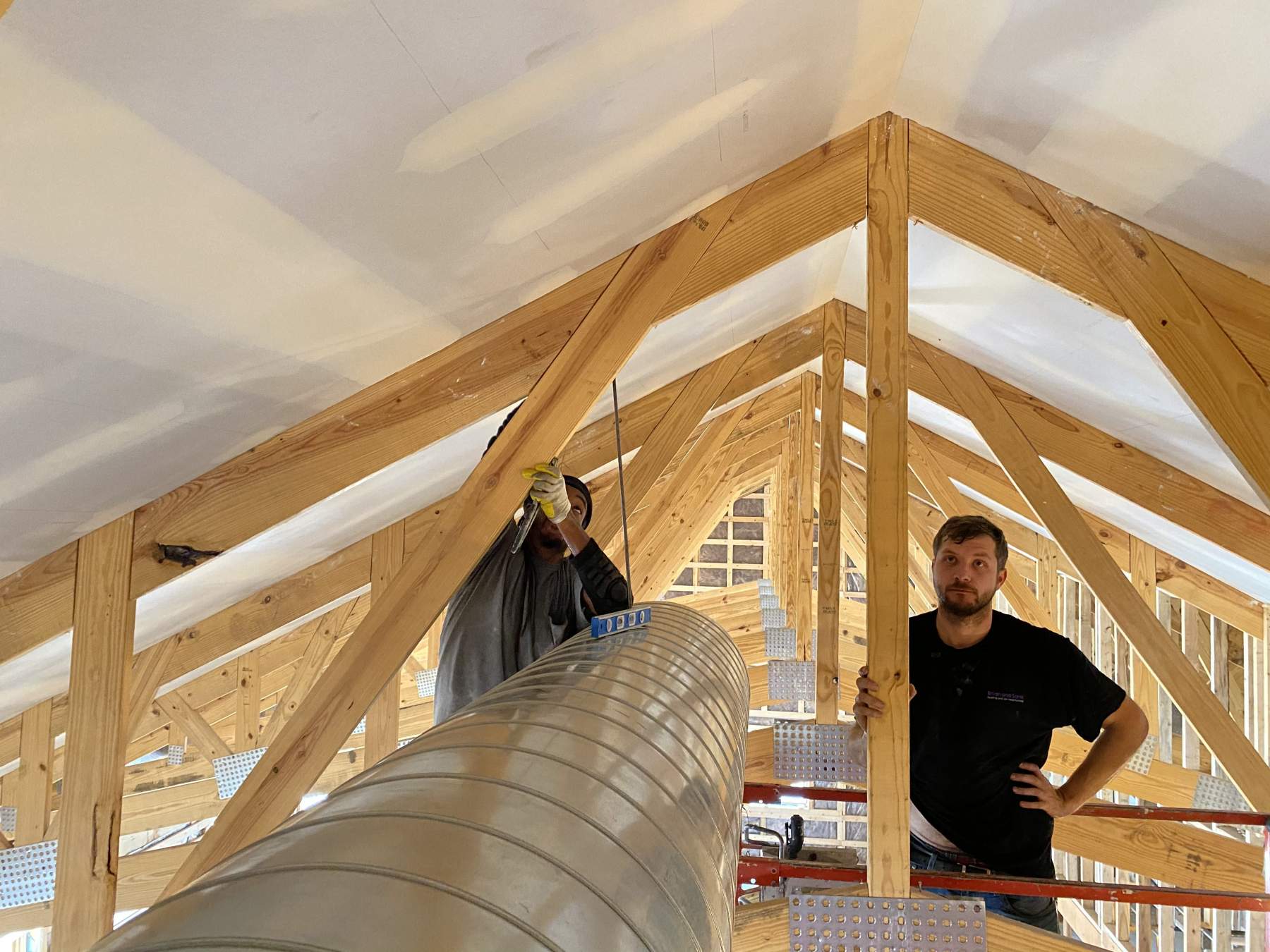
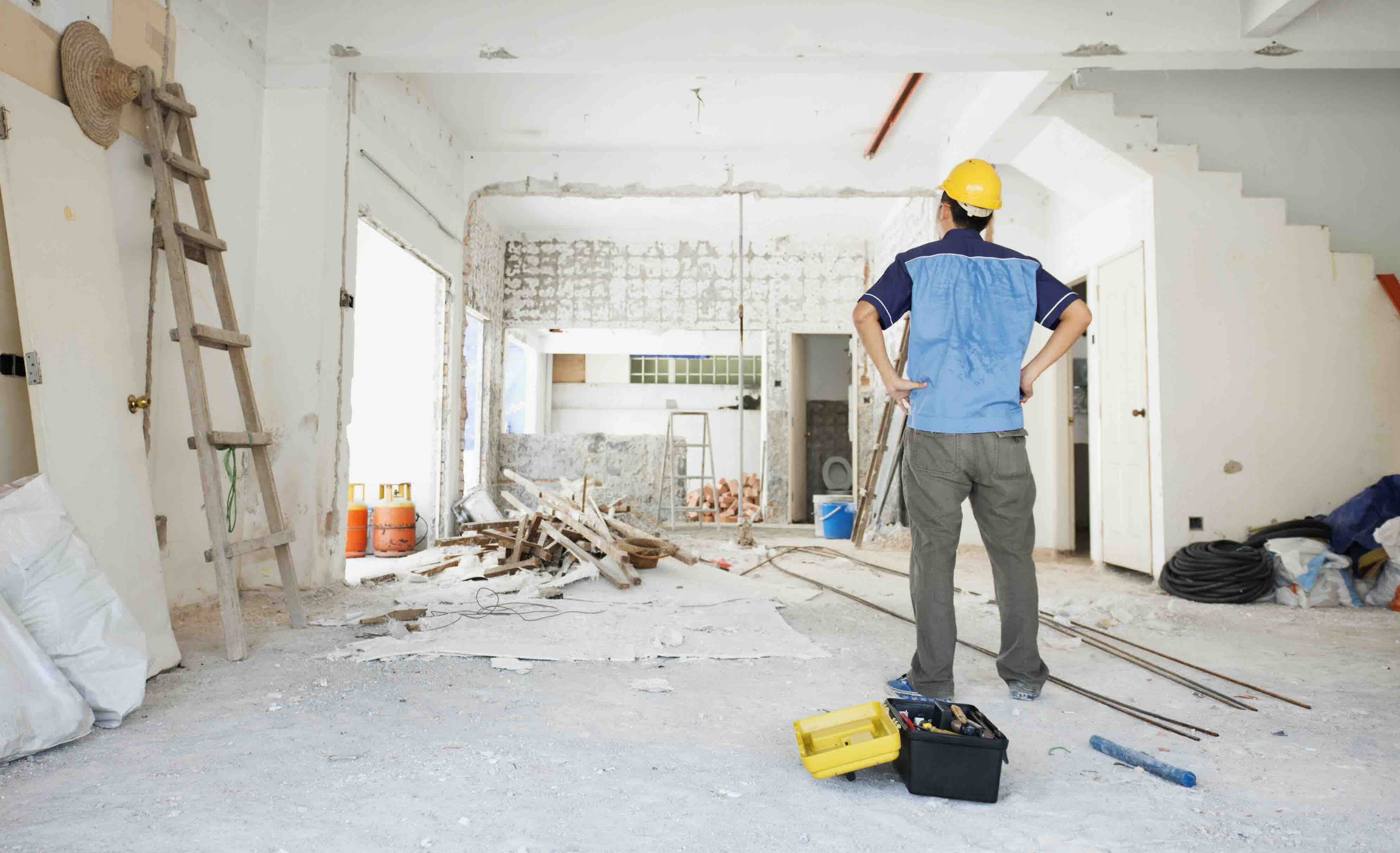
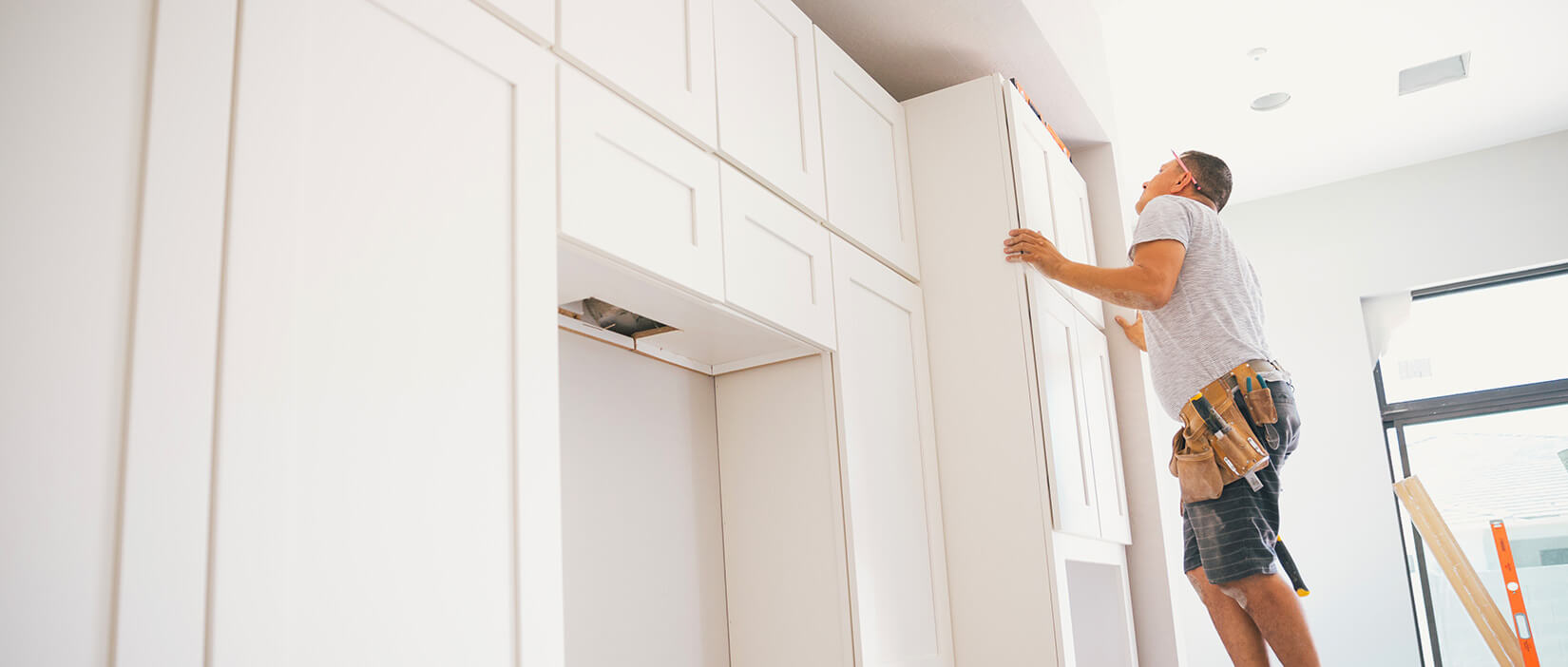



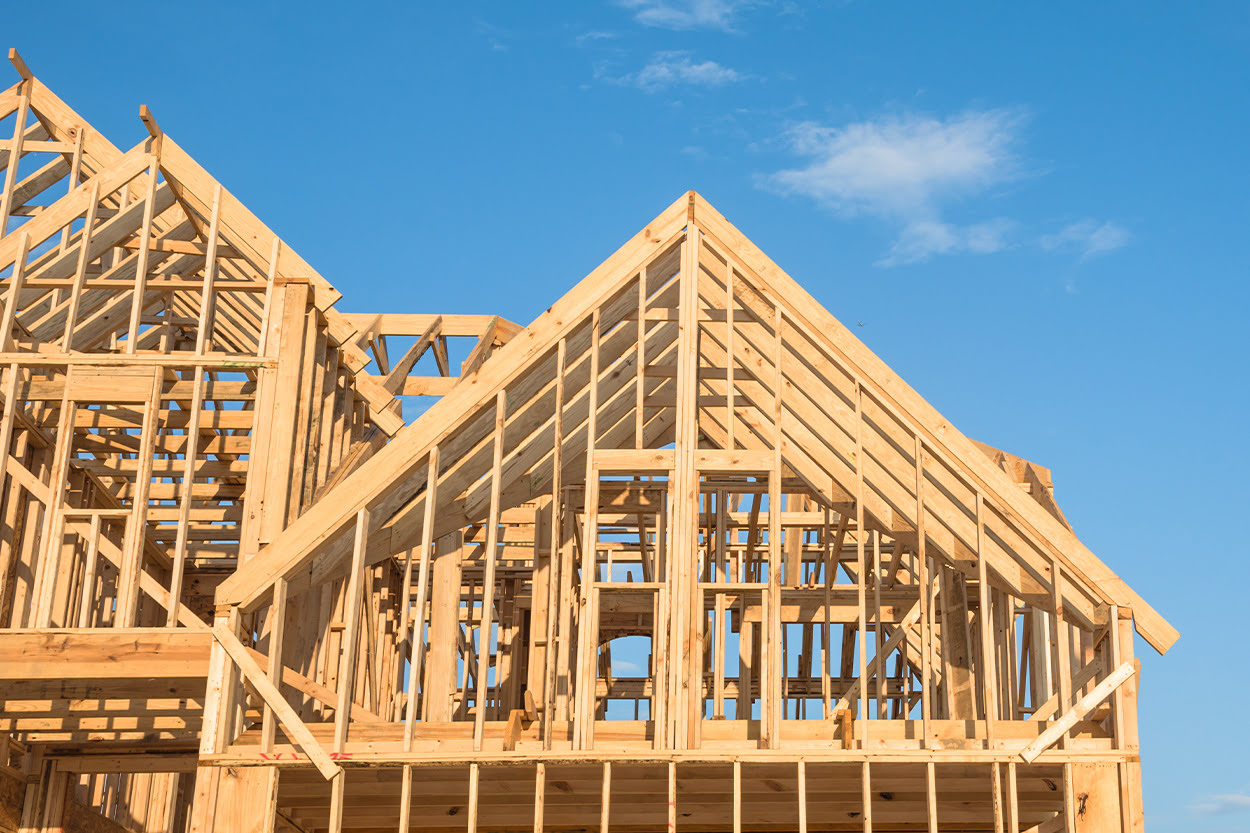

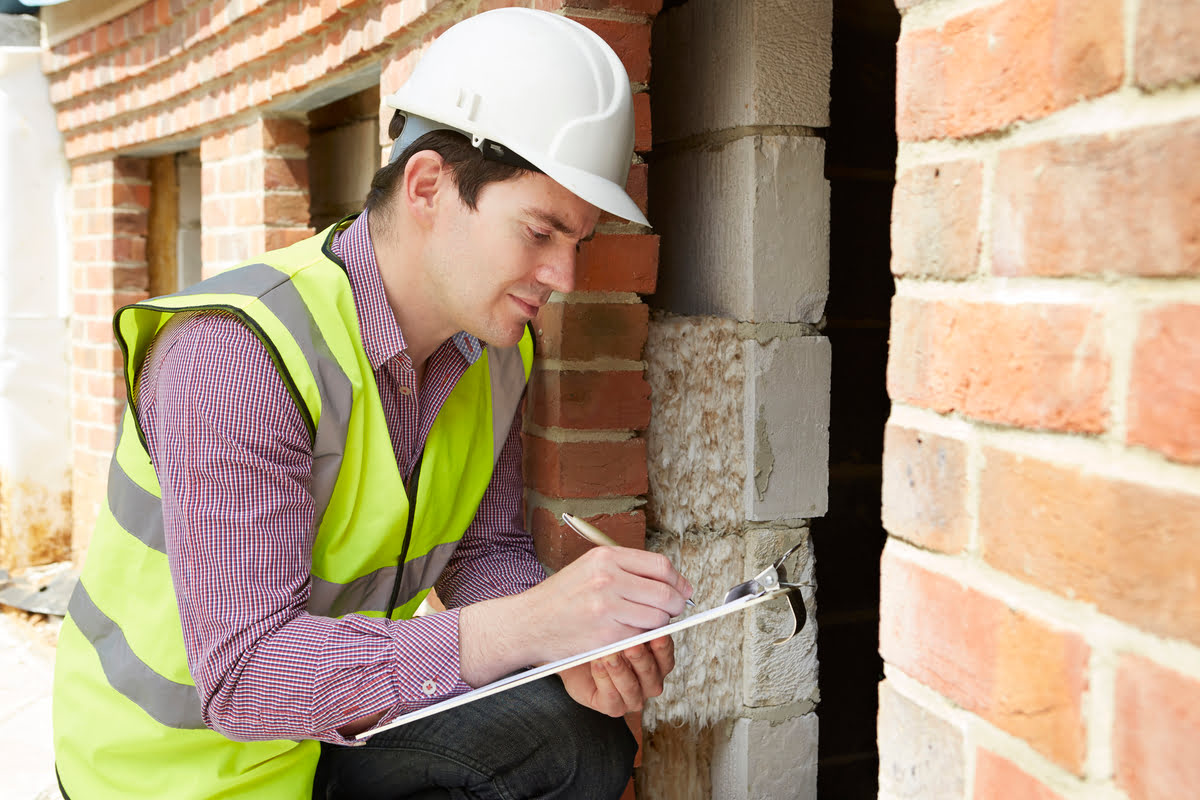






0 thoughts on “When Is The Appraisal Done On A New Construction Home”